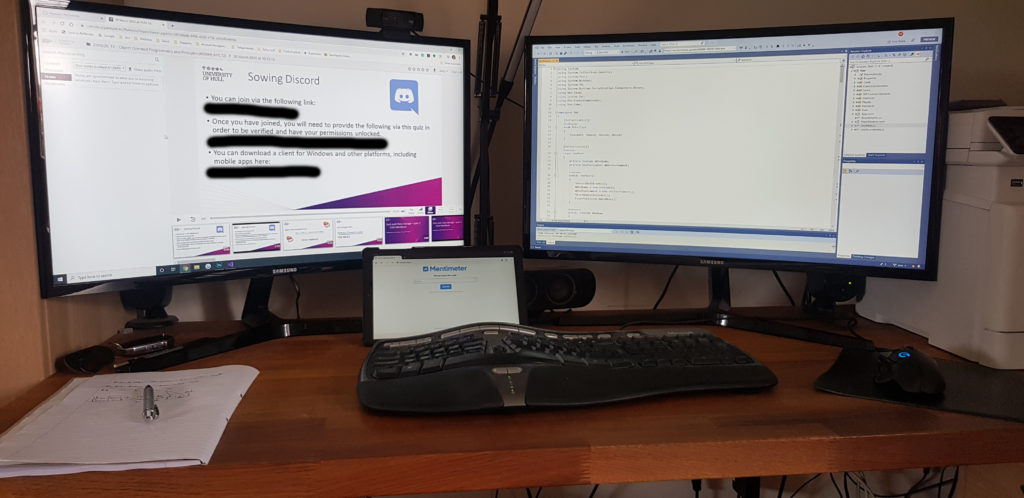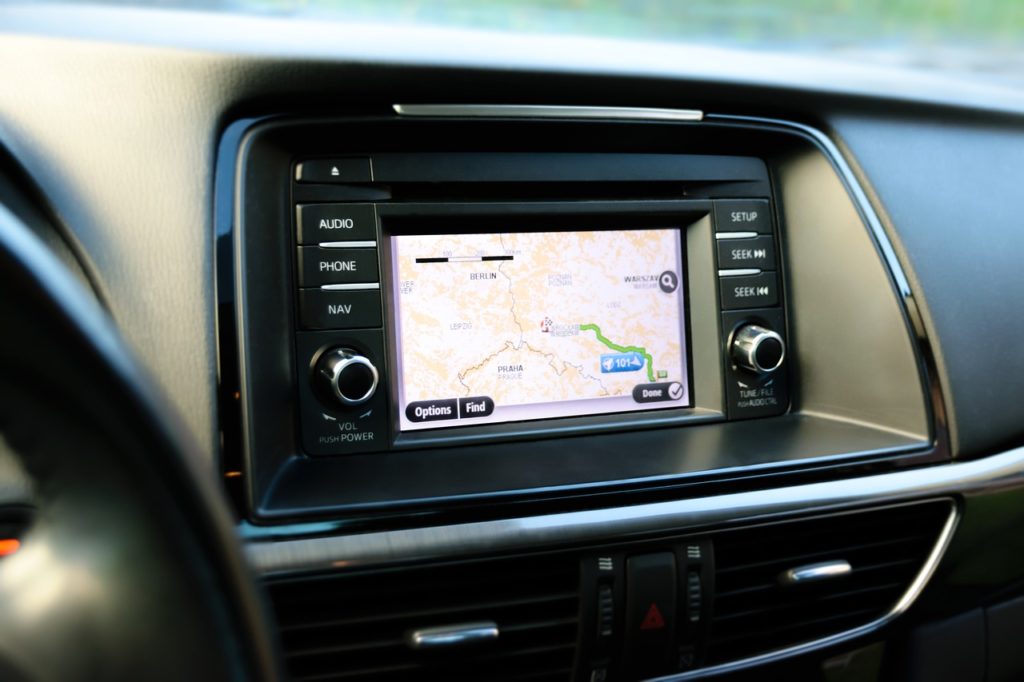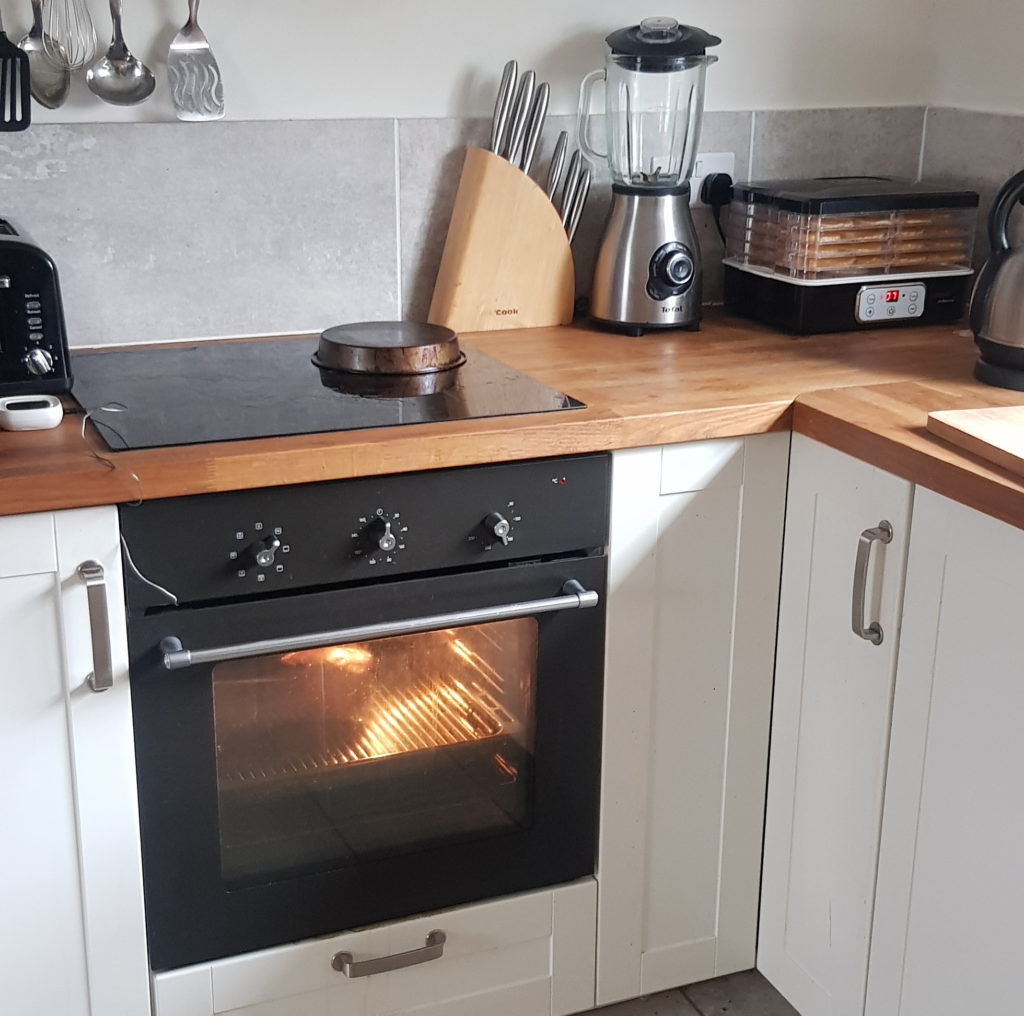The outbreak of COVID-19 has moved almost all students to a virtual learning platform. Will virtual learning continue after COVID-19 continue? I am studying for a Meng in Computer Science at the University of Hull and actively prefer virtual learning.
Academic Benefits of virtual learning

Academically I find the virtual lectures much easier to follow. In a physical lecture hall, there are several distractions which don’t exist virtually. Doors opening and closing as people arrive late or leave early is a primary example. People talking throughout lectures has been continuous issues since starting in 2019. Even without behavioural disruption, a persistent cough can make hearing difficult. Finally in a physical lecture hall to ask a question, you need to try and attract attention to yourself. Any behaviour which does this will undoubtedly distract other students. With questions being asked in a discussion forum, the lecturer has one place to look. They can then stop at a convenient moment to answer questions.
Working from my home also gives me more space while attending lectures. I can have the lecture open on one screen, a related program such as Visual Studio open on another screen. While doing this I am working with a full keyboard, which significantly increases the speed at which I can work. Typically there will be two notecards open on either side of my desk for quick note-taking. Lecture halls, by comparison, are very limited.
Travel Benefits of Virtual Learning

My home is a forty-five min drive from the university. The driving time alone is saving me one and a half hours per day. There are other factors which must be allowed for. Parking at the University is limited, frequently I need to park elsewhere and walk from another car park. Additionally, normal travel delay allowances add yet more time. Between all of those factors working from home is saving me two and a half hours every day.
Financially the typical cost of driving a vehicle is around 33p per mile travelled (source RAC). I am typically spending around £17 per week travelling to University and back. Parking at the University costs on average £6 per week if I can get into the university card park. If I have to use a public car park this increases further. On average the spend is around £25 per week between vehicle costs and parking.
Other Time and Health Benefits

Several other daily tasks can be streamlined in my new daily routine. Things like putting food into the oven and letting it cook while I attend a virtual lecture. The time between lectures doesn’t go to waste, instead, I can fill it with household chores. Working this way allows me to have a mental break between lectures, while not sitting and ending up lethargic. The result is that my focus during lectures has increased. An additional benefit is being able to condense my personal time into longer blocks.
Being able to home cook food again has dramatically increased improved my health. While the university does have a varied food selection on offer, it is not comfortably affordable, nor particularly nice.
The University of Hull computer science department rose to the challenge of CORVD-19 amazingly. So well in fact, that I have no wish to return to physical lecture halls. I am saving time, saving money and, working better while being healthier than at any point since October 2019.